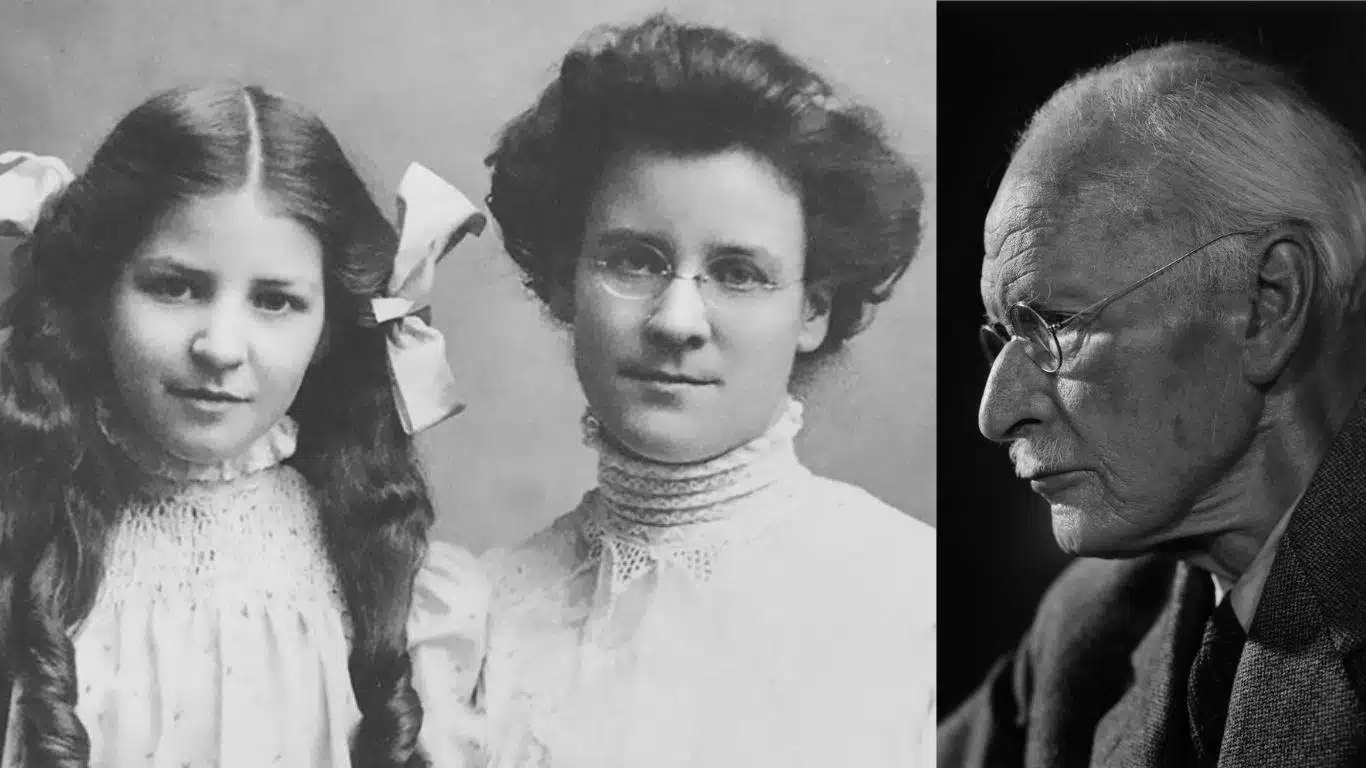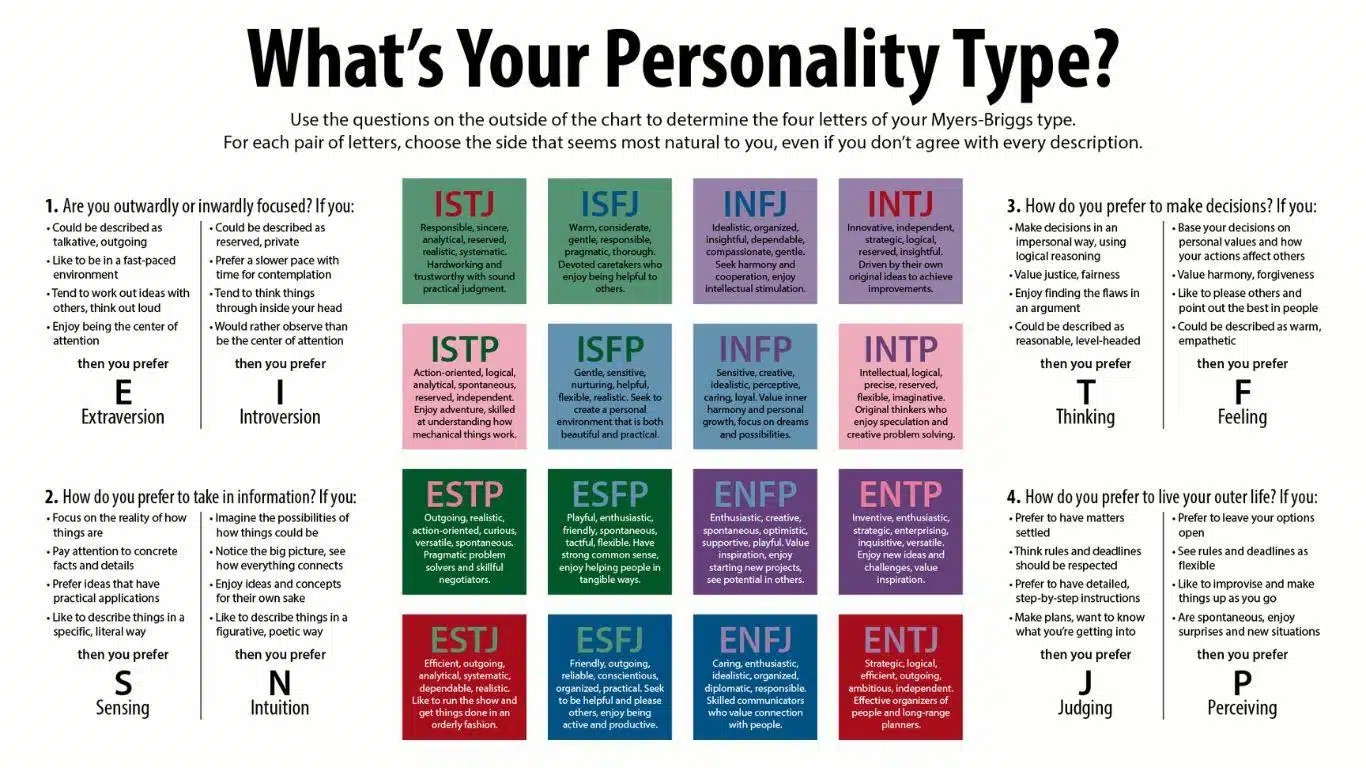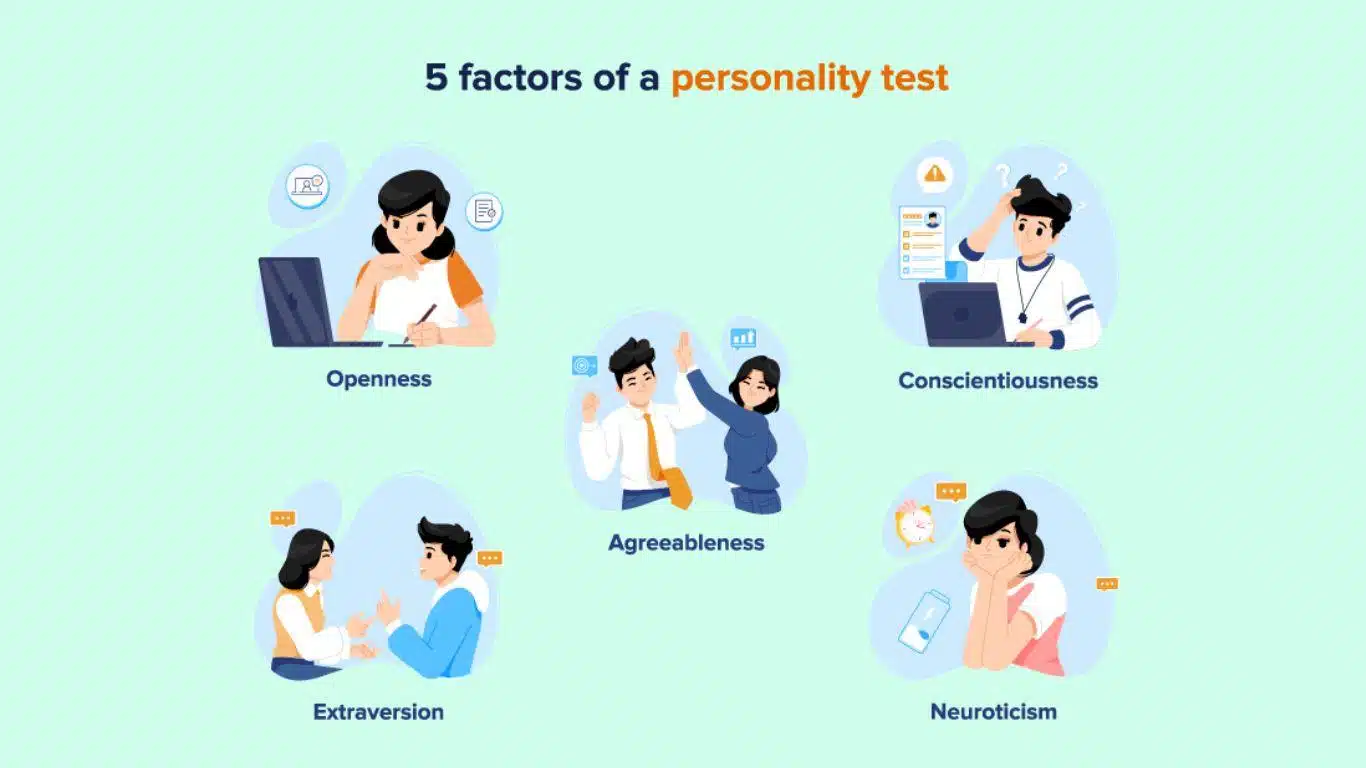- By understanding these types, individuals can gain insight into their own preferences and behavior, as well as those of …
- These preferences form the basis of the 16 Myers-Briggs personality types.
- Judging types prefer structure and planning, while perceiving types are more spontaneous and adaptable.
- They are dedicated to helping others and often excel in supportive roles.
- ESTJ – The Supervisor ESTJs are organized, decisive, and practical individuals.
- By understanding the 16 personality types and their underlying dichotomies, individuals can gain valuable insights into …
Understanding different types of personalities is crucial for building effective relationships, whether it be in personal or professional settings. Personality is a complex and multidimensional construct that can manifest in a variety of ways, and knowing about the different types of personalities can help you better understand yourself and those around you. In this article, we will explore some of the most commonly recognized personality types, their characteristics, and how they may impact social interactions. By gaining insight into these different types of personalities, you can improve your communication skills, enhance your ability to empathize with others, and cultivate more meaningful relationships.
The Myers-Briggs Type Indicator (MBTI) is a popular and widely used personality assessment tool based on the psychological theories of Carl Jung. This article aims to provide an in-depth exploration of the 16 Myers-Briggs personality types, their characteristics, and how they relate to Jung’s theories. By understanding these types, individuals can gain insight into their own preferences and behavior, as well as those of others.
Different Types of Personalities You Should Know About
Background: Carl Jung’s Theories and the Birth of MBTI

A. Carl Jung’s Psychological Types
Carl Jung, a Swiss psychiatrist and psychoanalyst, developed the idea of psychological types in the early 20th century. Jung believed that people have innate preferences in the way they perceive and process information, make decisions, and interact with the world. These preferences form the basis of the 16 Myers-Briggs personality types.
B. The Creation of the Myers-Briggs Type Indicator
Inspired by Jung’s theories, mother-daughter duo Katharine Cook Briggs and Isabel Briggs Myers developed the MBTI assessment during the mid-20th century. Their goal was to make Jung’s complex theories more accessible and practical for everyday use, ultimately helping individuals to better understand themselves and others.
The Four Dichotomies: Building Blocks of Personality Types

The 16 personality types are derived from four main dichotomies, each representing a preference for one of two opposing traits. These dichotomies are:
A. Extraversion (E) vs. Introversion (I) – Extraversion and introversion describe how an individual directs their energy and attention. Extraverts are more focused on the external world and gain energy from social interactions, while introverts are more focused on their inner world and require solitude to recharge.
B. Sensing (S) vs. Intuition (N) – This dichotomy is related to how an individual gathers and processes information. Sensing types prefer concrete details and experiences, while intuitive types are more interested in abstract concepts and patterns.
C. Thinking (T) vs. Feeling (F) – Thinking and feeling describe an individual’s decision-making preferences. Thinking types rely on logic and objective analysis, while feeling types prioritize emotions and personal values.
D. Judging (J) vs. Perceiving (P) – The judging and perceiving dichotomy relates to how an individual organizes their life and deals with the external world. Judging types prefer structure and planning, while perceiving types are more spontaneous and adaptable.
The 16 Myers-Briggs Personality Types: Characteristics and Traits

Each of the 16 personality types is a combination of the four dichotomies. In this section, we will briefly explore the key traits and characteristics of each type.
1. ISTJ – The Inspector ISTJs are practical, detail-oriented, and responsible individuals. They value tradition and are often seen as dependable and organized.
2. ISFJ – The Protector ISFJs are warm, empathetic, and reliable individuals. They are dedicated to helping others and often excel in supportive roles.
3. INFJ – The Counselor INFJs are intuitive, sensitive, and principled individuals. They possess a deep understanding of human emotions and are often seen as natural counselors and advisors.
4. INTJ – The Mastermind INTJs are analytical, strategic, and independent thinkers. They excel at finding innovative solutions to complex problems and are often drawn to leadership roles.
5. ISTP – The Craftsman ISTPs are adaptable, hands-on, and efficient individuals. They are skilled problem solvers and are often drawn to technical or mechanical fields.
6. ISFP – The Composer ISFPs are gentle, artistic, and flexible individuals. They have a strong aesthetic sense and often excel in creative pursuits, such as art or design.
7. INFP – The Healer INFPs are idealistic, compassionate, and introspective individuals. They are deeply empathetic and are often drawn to helping professions or causes that align with their values.
8. INTP – The Architect INTPs are logical, curious, and abstract thinkers. They have a passion for understanding complex systems and are often drawn to scientific or philosophical pursuits.
9. ESTP – The Dynamo ESTPs are energetic, assertive, and resourceful individuals. They are quick thinkers and excel in high-pressure situations, often thriving in competitive or challenging environments.
10. ESFP – The Performer ESFPs are outgoing, spontaneous, and fun-loving individuals. They enjoy being the center of attention and have a natural talent for entertaining and engaging others.
11. ENFP – The Champion ENFPs are enthusiastic, creative, and optimistic individuals. They are skilled at inspiring others and have a knack for connecting with people on a deep emotional level.
12. ENTP – The Visionary ENTPs are innovative, clever, and open-minded individuals. They thrive on exploring new ideas and possibilities and excel at generating unique solutions to problems.
13. ESTJ – The Supervisor ESTJs are organized, decisive, and practical individuals. They excel at managing people and resources, often taking on leadership roles in both their professional and personal lives.
14. ESFJ – The Provider ESFJs are caring, sociable, and supportive individuals. They have a strong desire to help others and often excel in roles that require empathy and interpersonal skills.
15. ENFJ – The Teacher ENFJs are inspirational, charismatic, and nurturing individuals. They have a natural ability to motivate and guide others, often finding themselves in teaching or mentoring roles.
16. ENTJ – The Commander ENTJs are bold, strategic, and assertive individuals. They are skilled at identifying long-term goals and mobilizing others to achieve them, often excelling in leadership positions.
Applications and Limitations of Myers-Briggs Personality Types

A. Self-awareness and Personal Growth – Understanding one’s Myers-Briggs personality type can lead to increased self-awareness and personal growth, helping individuals to identify their strengths and weaknesses and make more informed choices in their personal and professional lives.
B. Improving Relationships and Communication – Awareness of different personality types can also improve relationships and communication by fostering empathy and understanding of others’ perspectives and needs.
C. Limitations and Criticisms – It is important to acknowledge that the MBTI is not the only personality model, and some researchers have criticized it for its lack of empirical validation. Other models, such as the Big Five personality traits or the HEXACO model, offer alternative ways of understanding personality.
Conclusion
The Myers-Briggs Type Indicator offers a fascinating and practical way to explore the complexities of human personality. By understanding the 16 personality types and their underlying dichotomies, individuals can gain valuable insights into their own preferences and behavior, as well as those of others. While it is essential to consider the limitations and criticisms of the MBTI, it remains a valuable tool for self-exploration and personal growth.
Also Read:10 Reasons to Teach Personal Finance to Kids at Early Age



